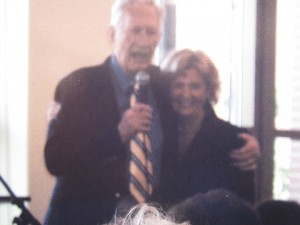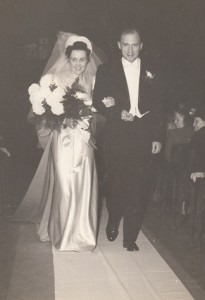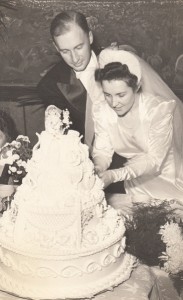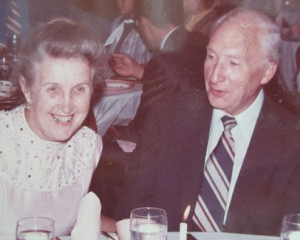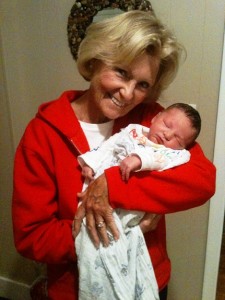 When I was 15, I pulled one too many pranks at summer camp and got sent home by the frustrated director. Although I was more than happy to get out from under his leadership at the time, I dreaded telling my parents what had happened, knowing they’d be angry with me.
When I was 15, I pulled one too many pranks at summer camp and got sent home by the frustrated director. Although I was more than happy to get out from under his leadership at the time, I dreaded telling my parents what had happened, knowing they’d be angry with me.
The days that followed were full of tension as my folks laid out disciplinary restrictions, and worst of all, they made me apologize to the camp director for my bad behavior. Because he and his wife were friends of my parents, I had caused some significant embarrassment.
All of us mess up once in a while, or as in my case, more frequently. We misjudge situations, base our opinions on false information, act immaturely, or snap at people, all because we want our own way.
How does God feel when we act like this? Surely he’s disappointed, disgusted, even angry. But I have a hunch he holds out hope that with enough mess-ups, we’ll learn how to do better next time. One thing is sure: he doesn’t love us any less when we behave badly. Scripture uses the words “unfailing love” over 40 times to describe the way God loves us. This kind of love is trustworthy, consistent, and sure. And best of all, our mess-ups can’t possibly erode it.
My former camp director and I eventually bumped into each other many years after he sent me home… 47 years, to be exact. Truth be told, I’d felt badly about my behavior those many years and was grateful for the chance to mend the relationship. But while I was thinking of what to say to him, he beat me to it, asking if I would forgive him for sending me home from camp. And he said it in front of 250 people.
I followed that by asking him if he would forgive me. Before our very public conversation ended, we were both laughing, a sure sign that our messy history had been all cleaned up. Although it took nearly 5 decades to straighten it out, I’m pretty sure God was laughing that day, too, right after he’d breathed a great big sigh of it’s-about-time.
The camp director and I kept communicating for quite a while after our conversation and actually became sincere friends, surely the result of God’s loving work within both of us.
As for my parents, their love for me remained unfailing, too. My poor behavior hadn’t eroded it, and once that summer was over, they never brought up the incident again.
“Let us love one another, for love comes from God. Everyone who loves has been born of God and knows God.” (1 John 4:7)

